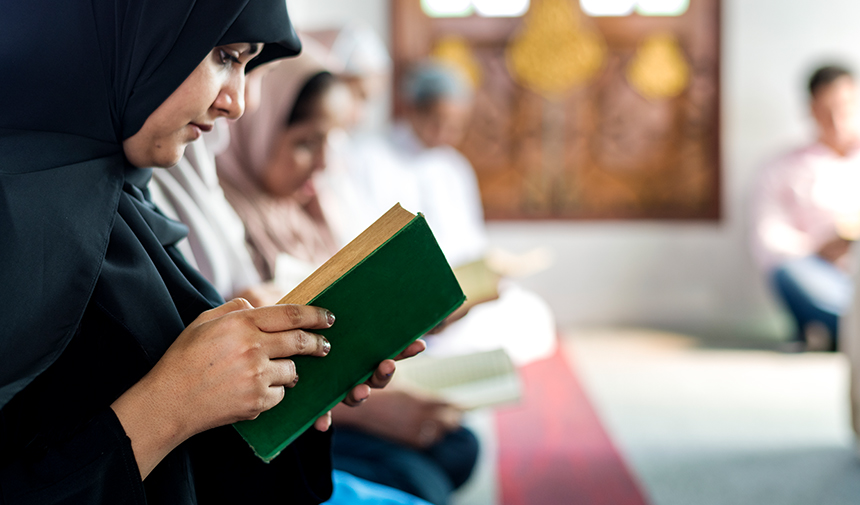Interreligious Dialogue and Strengthening Social Cohesion
Today, people’s interest in religious beliefs and the diversity of these beliefs have profound effects at the cultural and individual level. Religion is an important factor shaping people’s lives and guiding social structures. However, conflicts between these belief systems can also occur at various levels. These conflicts are often rooted in cultural differences, historical background and political interactions.
For many people, religion has fundamental functions such as finding the meaning of life, determining moral and ethical values, and establishing social norms. For some people, religious beliefs are a way of establishing a personal relationship with a supernatural being, while for others they are a means of social identity and solidarity. For example, in countries such as Japan, Shintoism and Buddhism remain an important part of cultural identities. These belief systems are manifested in traditional festivals, rituals and various aspects of daily life.
However, tensions can sometimes arise between different belief systems. In particular, historical disputes, political conflicts or ideological differences can lead to conflicts between religions. In the Middle East, for example, there have been historical tensions between Islam and Christianity, which have profoundly affected the political and social structures in the region. Similarly, there have been historically and culturally based conflicts between Hinduism and Islam in India.
The resolution of conflicts between different belief systems is often based on reconciliation, dialogue and mutual understanding. Interreligious dialogues, meetings between leaders and scholars of different religions, joint projects and events are an important part of this process. For example, joint worship services and cultural events organized between different religious groups in Europe strengthen social cohesion and foster mutual respect.
Interreligious dialogues and reconciliation processes are critical for global peace and social cohesion today. In particular, religious leaders and community leaders finding a common language and emphasizing common values contribute to strengthening social peace and interfaith relations.



